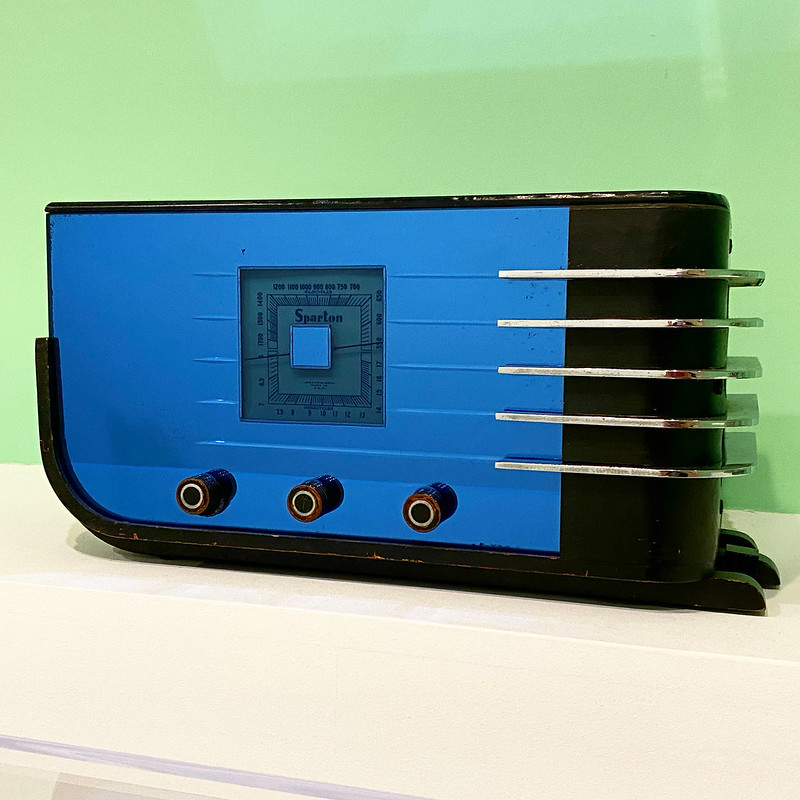Read the original story here.
Cognitive radios don't exist yet. But Joseph Mitola, a computer scientist at Mitre, in Bedford, MA, aims to make them a reality by exploiting the added processing power that will be built into tomorrow's wireless devices.
Mitola is one of the pioneers of "software radio," which gives users of cell phones and other two-way radios the ability to use a single device to communicate over a range of frequencies. Now Mitola is thinking about other applications--such as artificial-intelligence-based learning-- for wireless devices stuffed with software.
"A cognitive radio learns the preferences of its user without being explicitly programmed," Mitola says.
As a first step, Mitola has customized a simulated PDA to glean owner preferences from text-based information. To learn from other kinds of patterns, wireless devices need a standardized way to describe and track such factors as location and transmission conditions, so Mitola has crafted a computer language that will do just that.
Before sending data to the home office of a cost-conscious enterprise, for instance, a cognitive PDA with software written in Mitola's new language might automatically search for a cheap wide-area-network connection before it would use a more expensive cellular network.
Mitola is also working with the U.S. Defense Advanced Research Projects Agency to spot promising applications in areas such as battlefield radios that can detect and outmaneuver jamming attempts. He cautions, though, that it could take a decade for handheld devices to gain enough processor power and memory to achieve cognition on this scale.
Cognitive radio eventually will benefit both military and commercial carriers, believes Jeffrey Reed, deputy director of Virginia Polytechnic Institute's Mobile and Portable Radio Research Group, whose investigators are studying ways networks of cognitive radios might interact.
Wireless providers, especially, will need machine-driven ways to guide customers through the panoply of options for voice and data communication for so-called fourth-generation, or 4G, wireless services. Says Reed, "I think this is where 4G is going."
